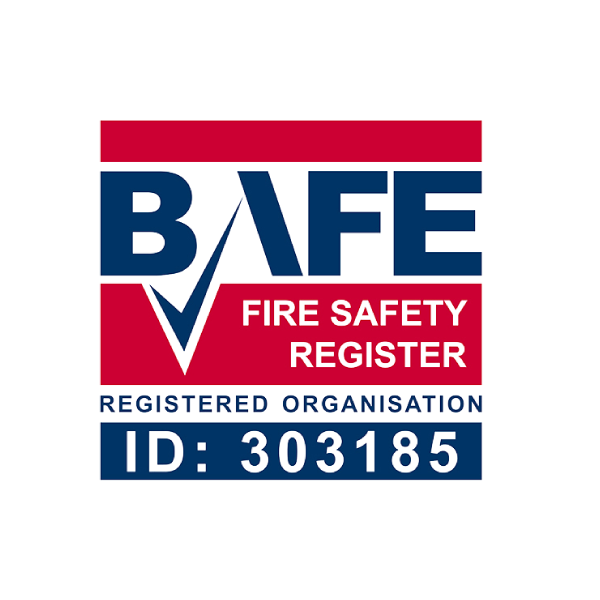It is a statutory requirement, and many insurance companies require the insured to comply with all current regulations. This includes the Electricity at Work Regulations 1989, which state that “As may be necessary to prevent danger, all systems shall be maintained so as to prevent, so far as reasonably practicable, such danger” (Regulation 4(2)). “Electrical equipment includes anything used, intended to be used or installed for use, to generate, provide, transmit, transform, rectify, convert, conduct, distribute, control, store, measure or use electrical energy.” (Regulation 2(1)).
The employer’s responsibility to ensure work equipment is safe is also covered by The Provision and Use of Work Equipment Regulations 1998. This states that “Every employer shall ensure that work equipment is so constructed or adapted as to be suitable for the purpose for which it is used or provided.” (Regulation 4(1)). This includes all work equipment (fixed, portable or transportable) connected to a source of electrical energy.”
Failure to comply with Electrical Regulations can lead to a maximum penalty of a £5,000 fine and/or up to six months imprisonment. For breaches under the general duties of the Health Safety at Work Act 1974, penalties of up to £20,000 were introduced in 1992, and offences heard on indictment in the Crown Court attract unlimited financial penalties and up to two years imprisonment.






New Penderel House
283-288 High Holborn
London WC1V 7HP
United Kingdom